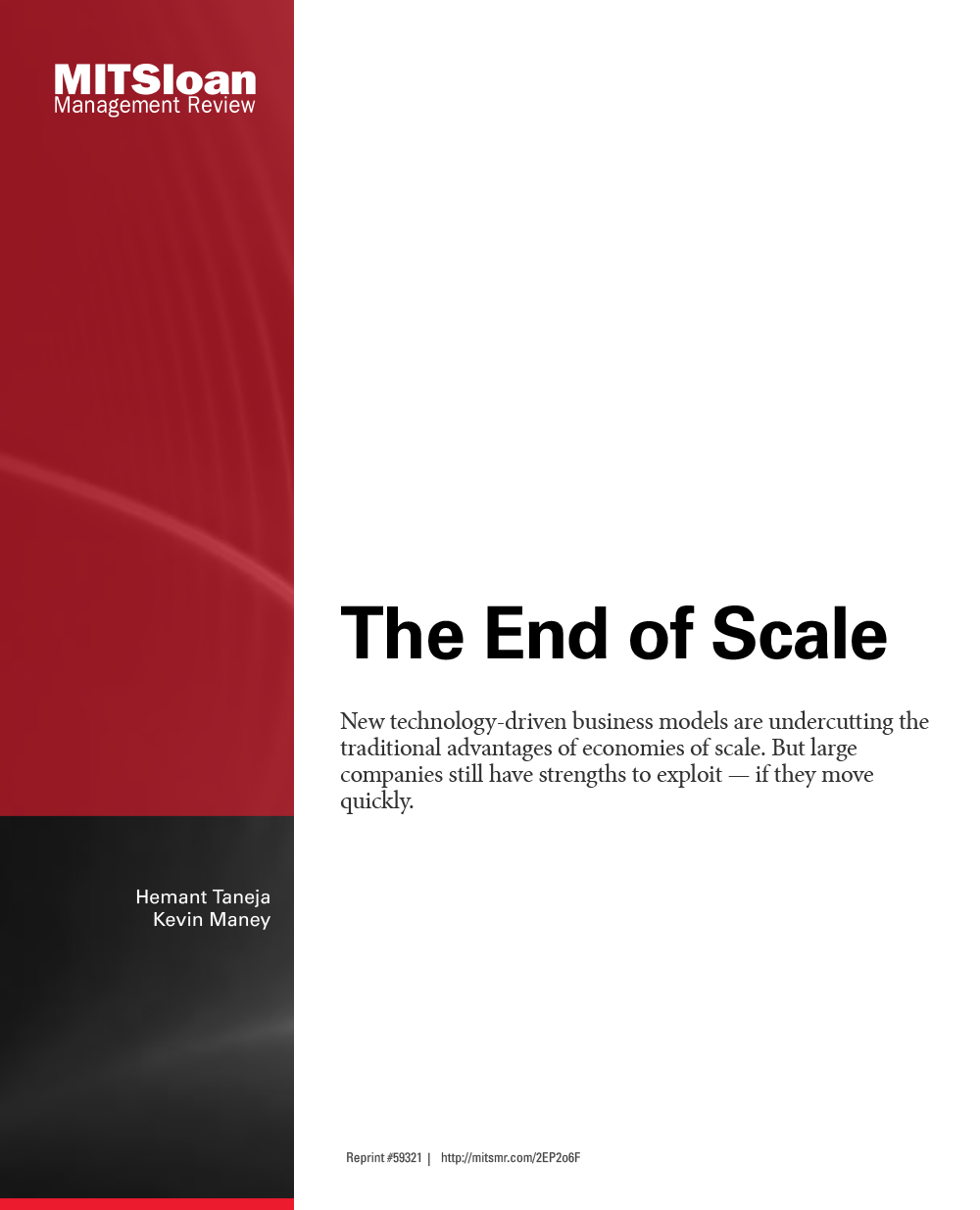When pundits talk about the impact that artificial intelligence will have on the labor market, the outlook is usually bleak, with the loss of many jobs to machines as the dominant theme. But that’s just part of the story — a probable outcome for companies that use AI only to increase efficiency. As it turns out, companies using AI to also drive innovation are more likely to increase headcount than reduce it.
Data, AI, & Machine Learning
Data, AI, and machine learning touch nearly every business function. Learn how to leverage their power for productivity and profitability.
Page 20 of 33










